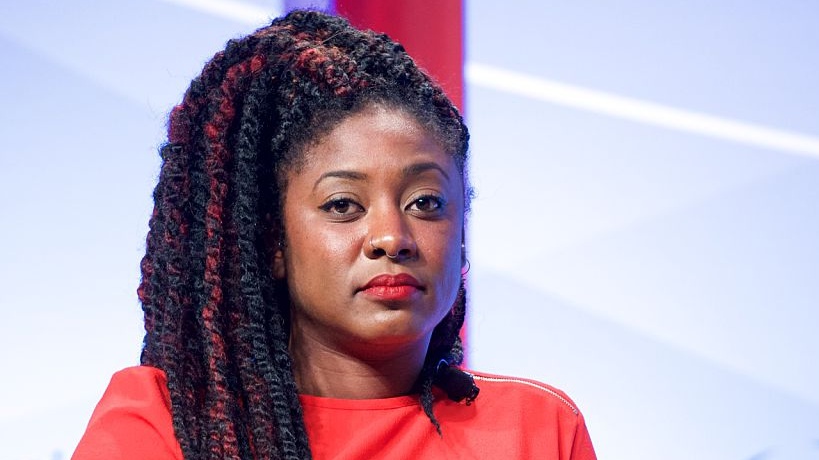Results of the 2019 Black Census were recently unveiled and it highlights the daily concerns that plague Black Americans who identify as lesbian, gay, bisexual or “other” (LGB+).
Conducted by Black Lives Matter co-founder Alicia Garza and the Black Futures Lab, over 5,400 participants were surveyed in order to identify societal issues that continue to hurt minority communities. Titled, “When the Rainbow Is Not Enough: LGB+ Voices in the 2019 Black Census,” this is the largest report of Black people conducted in the country since the Reconstruction era.
Contributors are made up of individuals typically underrepresented in traditional surveys, such as homeless people, incarcerated individuals, LGBTQ+ members, those who describe themselves as Black Republicans and conservatives, Black immigrants and among others, mixed-raced people with a Black parent.
The report revealed that socio-economic issues like low wages, unaffordable health care and access to housing are troubling Black LGB+ individuals and are more pressing than marriage equality for example.
“Too often, Black LGB+ people are perceived as distinct and separate from the larger Black community and defined more by their sexual orientation than their race,” Garza, said about the results. “In fact, LGB+ respondents prioritize the same concerns as the rest of the Black community and face triple consciousness: violence and discrimination based not only on race but gender, gender identity, and sexual orientation. Black LGB+ people often lose employment opportunities, access to housing and quality affordable health care because of how we identify. It is important for policymakers, activists and community groups to remember this and create an agenda that reflects that understanding when representing and serving Black LGB+ people. Attending a gay wedding and changing your Facebook profile picture to a rainbow flag is great but it’s simply not enough.”
For Black Census respondents who identify as other, at least 83% of them believe that schools fail to provide a well-rounded education for children in preparation for their future. As a result, 77% of participants in this same category also credited rising costs of universities as a growing issue.
Unsurprisingly, police brutality was also high on the list of concerns for LGB+ citizens. Contributors who identify as other were the most likely to open up about a negative experience with police as of late, with 42% compared to 28% for heterosexual participants. The results were for the more party similar across all demographics when asked if police killings on Black Americans were of high attention. Approximately 90% of lesbian respondents agreed, while 86% of gay participants agreed and 91% of bisexual individuals concurred, As for other, they responded the highest with 95% in agreement of the question.
The Black Census details an impressive amount of content that adversely affects minority groups with diverse socio-economic backgrounds. Sample sizes are much smaller compared to the United States Census, but that only allows a more acute examination of what must be done in order to provide adequate resources for these underrepresented groups.
Many of the other worrisome details in the report include crimes against members of the transgender community, and over 78% of respondents believe that crimes against gay, lesbian and transgender individuals continue to persist.
In 2017 alone, Black transgender women accounted for 60% of crimes against members of the LGBTQ community. Every year, the Human Rights Campaign maintains an ongoing list of transgender women who were murdered and in 2019 the organization notes that 11 ladies have been killed in violent fashion.
The Black Census details an impressive amount of content that adversely affects minority groups with diverse socio-economic backgrounds. Sample sizes are much smaller compared to the United States Census, but that only allows a more acute examination of what must be done in order to provide adequate resources for these underrepresented groups.
